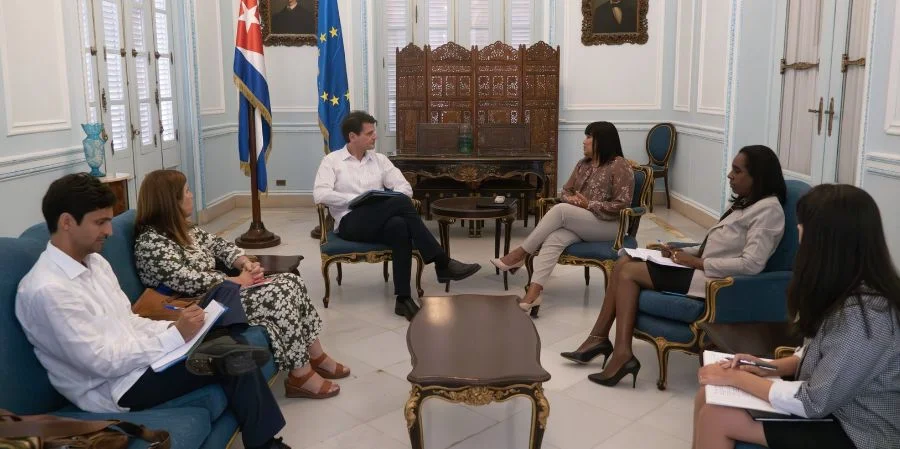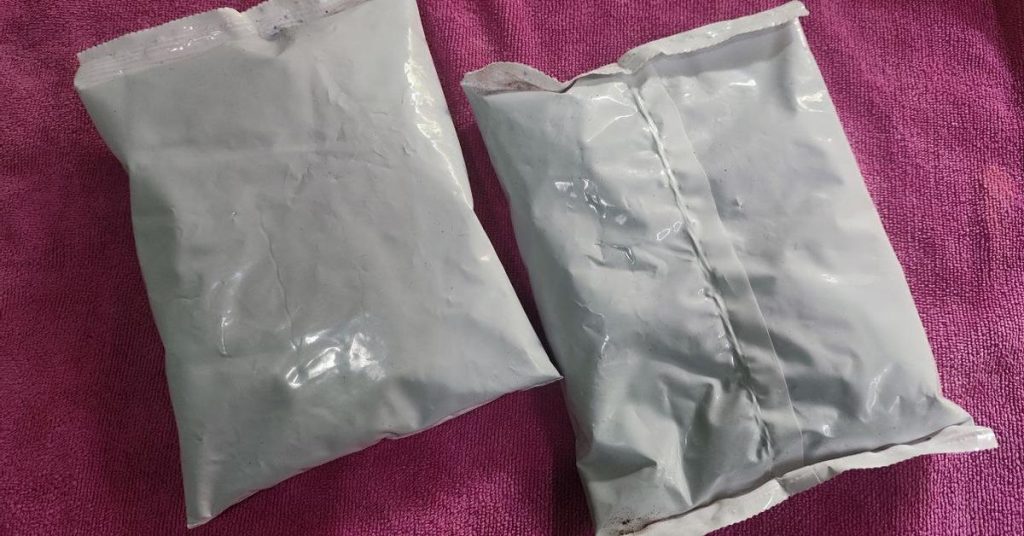MIAMI, United States. – The deputy director general for the Americas of the European External Action Service (EEAS), Pelayo Castro Zuzuárregui, held a meeting in Havana with the director general of Bilateral Affairs of the Ministry of Foreign Affairs (MINREX), Carlos Miguel Pereira Hernández, and Vice Chancellor Anayansi Rodríguez Camejo, on January 22.
According to an official note from MINREXDuring the meeting, both figures agreed to advance in the fourth cycle of implementation of the Political Dialogue and Cooperation Agreement (ADPC) between Cuba and the European Union (EU), considered by the authorities of the Cuban regime as “very advanced” and with “ concrete results.”
According to MINREX, both parties agreed on the preparation of a “road map that will contribute to the monitoring of the actions agreed upon in the political dialogues and the cooperation subcommittee.” In addition, “the effects caused by the economic, commercial and financial blockade of the United States against Cuba” on the development of ties with the EU and its 27 member states were addressed.
The Cuban official “thanked the unanimous support” of the bloc for the United Nations Resolution that urges Washington to end the economic and financial embargo against the island’s regime and the “sustained European position” against Cuba’s permanence in the US list of countries that sponsor terrorism.
Castro Zuzuárregui’s visit to the Island precedes the holding of the Fourth Cuba-European Union Joint Committee, scheduled for the coming months, which will mean the closing of the current implementation cycle of the ADPC.
Despite the apparent good harmony between the Cuban regime and the European envoys, the Political Dialogue and Cooperation Agreement faces strong criticism from parliamentarians from Europe and Latin America.
In an open letter Addressed to the European Union (EU) in March 2024, legislators denounced the lack of progress in human rights in Cuba, where there are more than 1,000 political prisoners and high levels of repression.
In the letter, members of parliaments from Europe and Latin America also pointed out that the EU finances projects valued at 155 million euros, distributed in 80 initiatives managed in collaboration with UN agencies, about whose effectiveness and final use there are multiple questions.
The letter questions the legitimacy of maintaining an alliance with the Cuban regime, especially after its support for Russian aggression against Ukraine and deepening military cooperation with Moscow, Minsk and Tehran. According to the signatories, this position contradicts the democratic values that the EU claims to promote and generates “hypocrisy” in its foreign policy.
In addition, the parliamentarians asked the EU to “for the sake of freedom and the lives of Cubans” reassess and cease its policy towards Havana.
On the other hand, in November 2023, the Government of Sweden officially requested the review of the ADPCalleging that the policy of engagement with Cuba “is not having the desired effect.” Johan Forssell, Swedish Minister of Development and Foreign Trade, recalled that, although his country had to work for the cohesion of the EU, he considered it necessary to “start a debate on the ADPC and its results” in the face of serious human rights violations in the Island.
The agreement, negotiated in December 2016, has allowed millions of euros to be channeled towards regime institutions, causing a climate of skepticism regarding the possibility that these funds contribute to improving the situation of civil society. Growing complaints about arbitrary arrests, repression of dissent, and Havana’s support for authoritarian regimes in the region—such as Venezuela and Nicaragua—add more doubts about the effectiveness of this pact.














